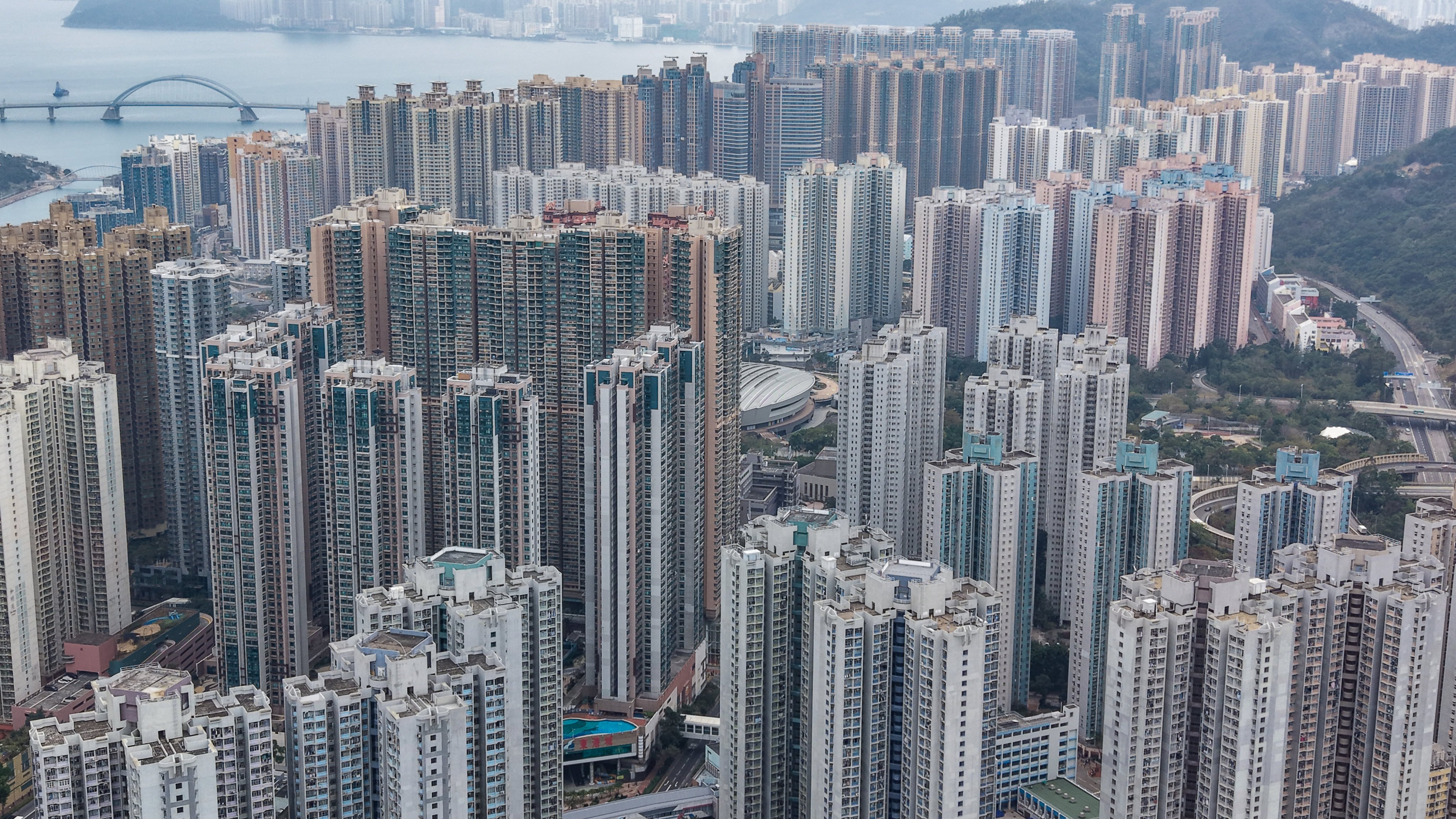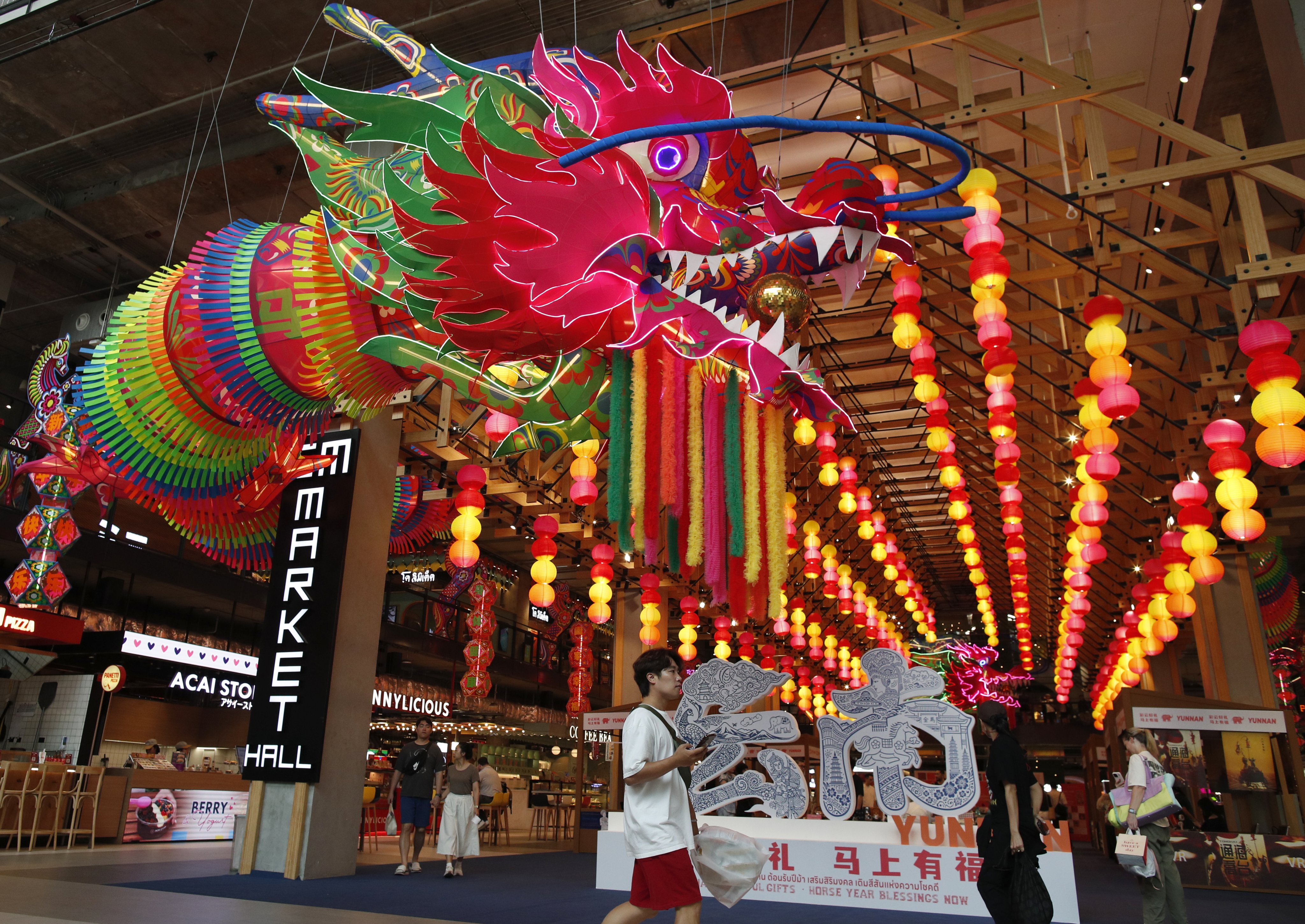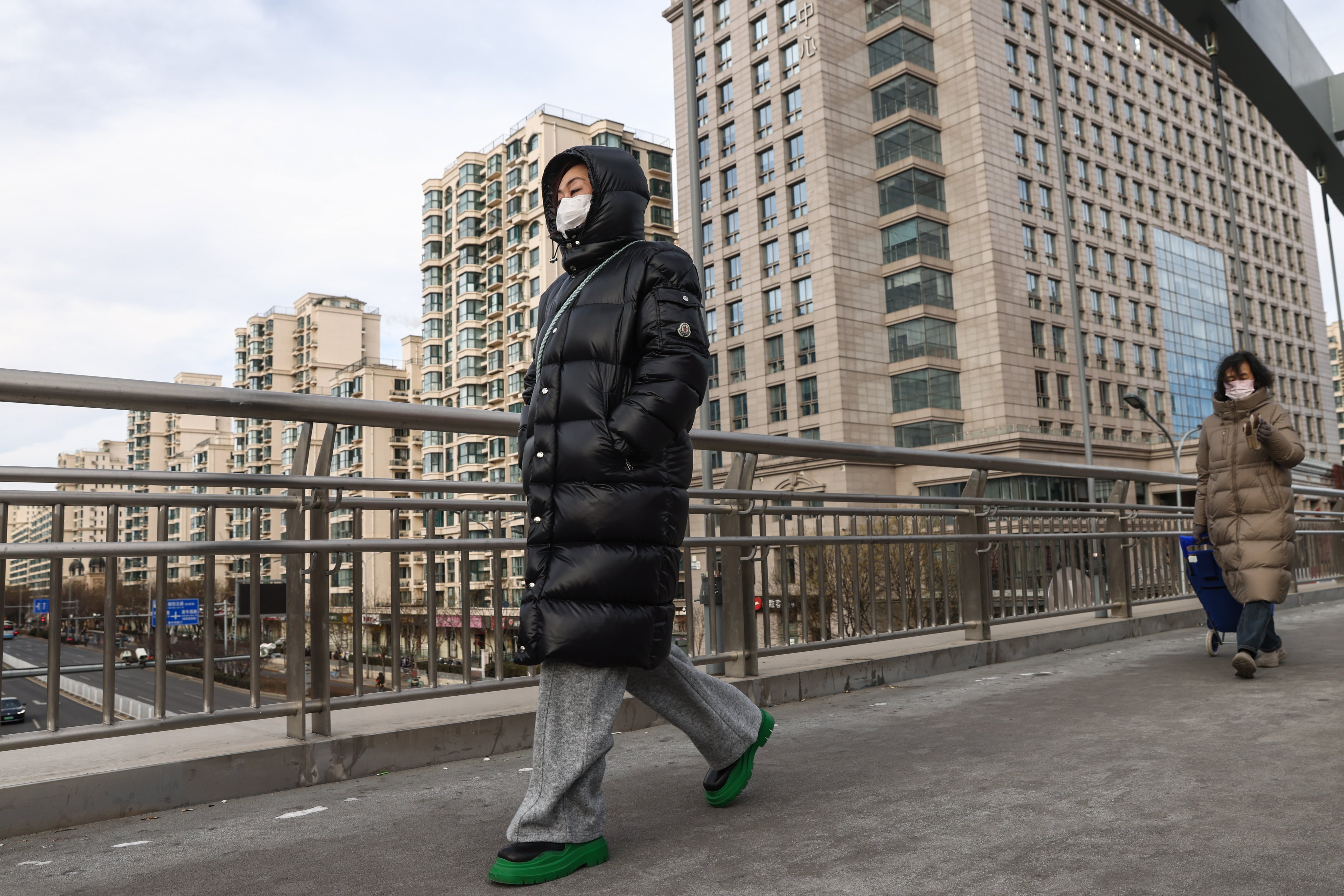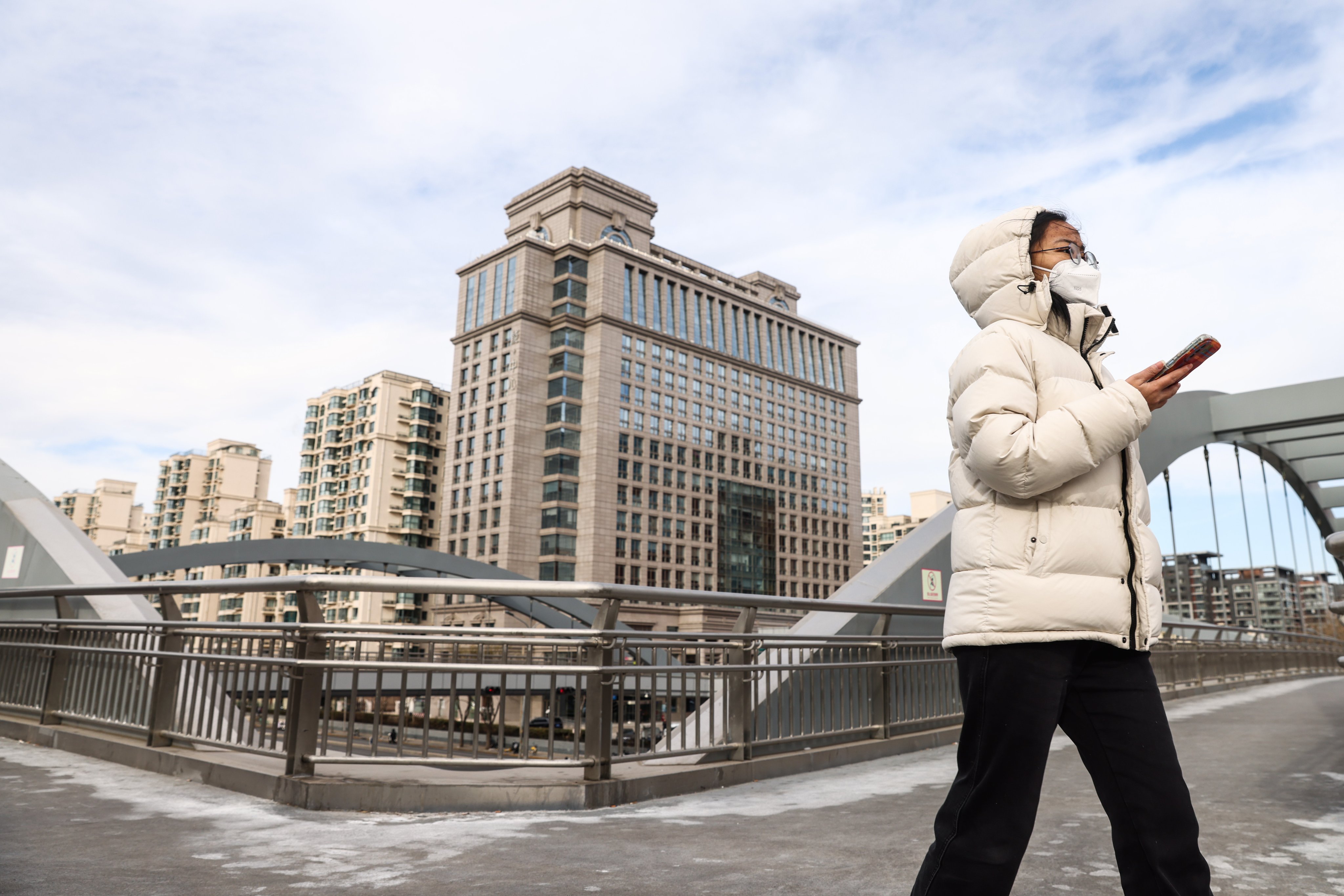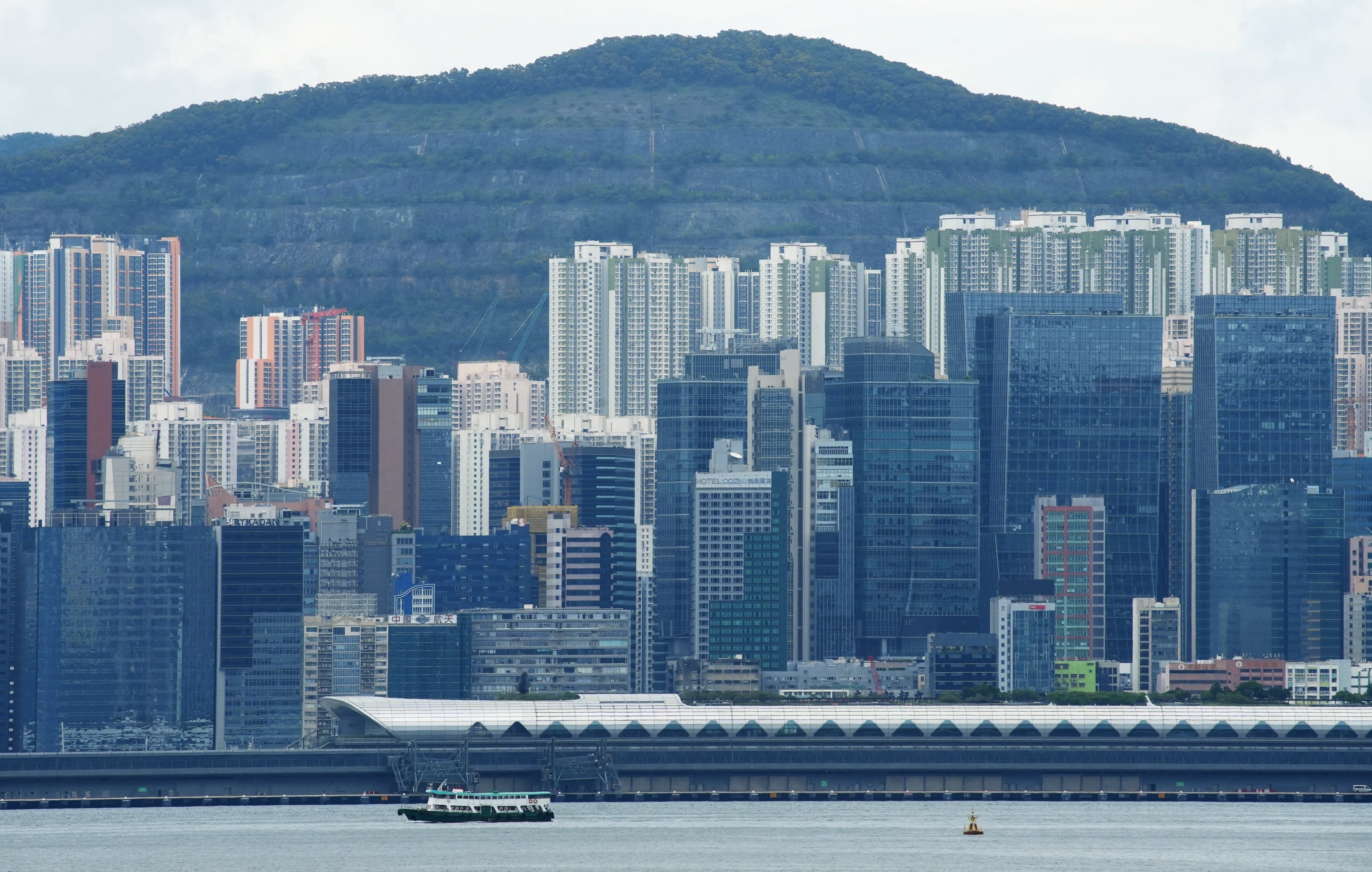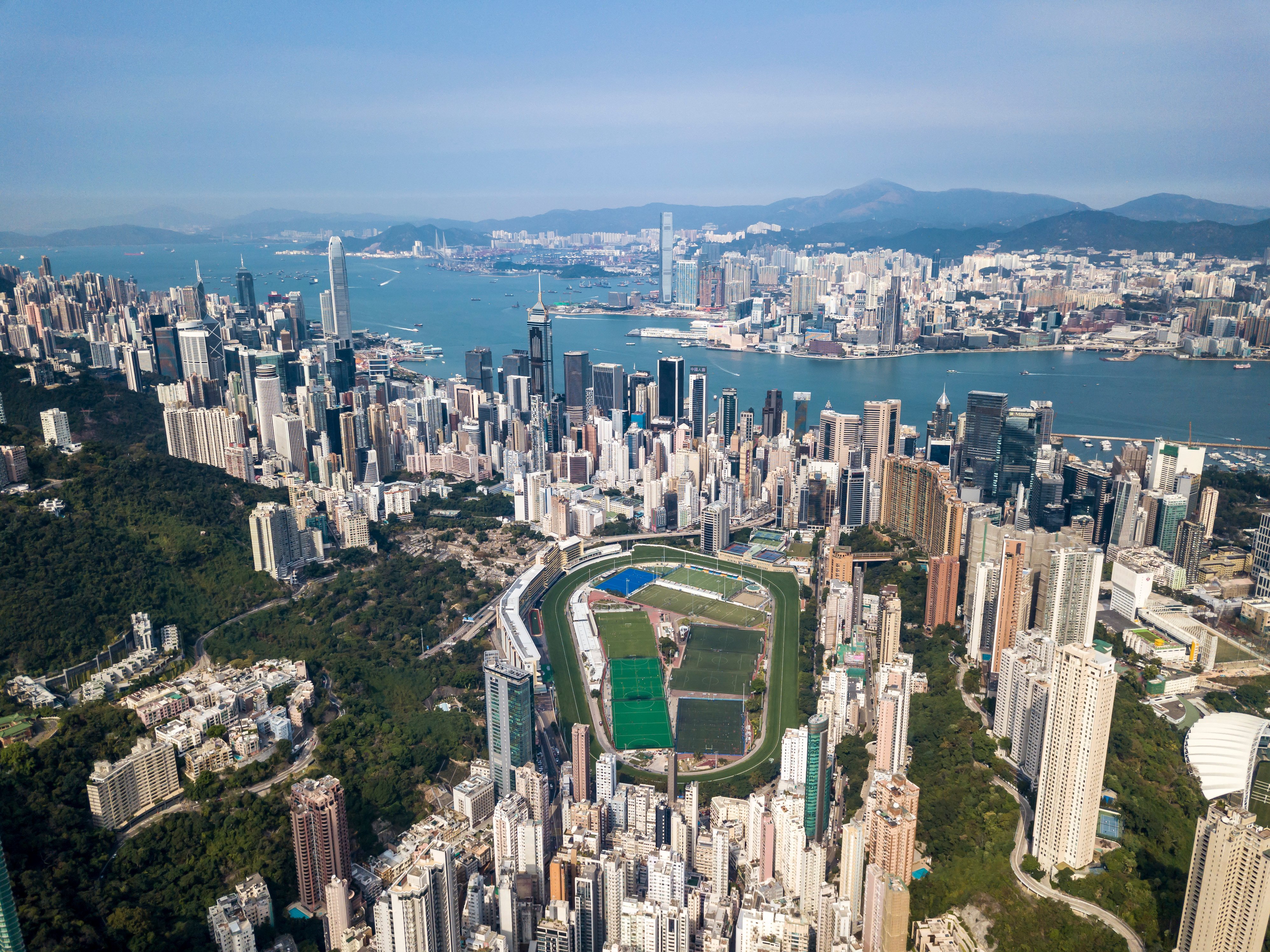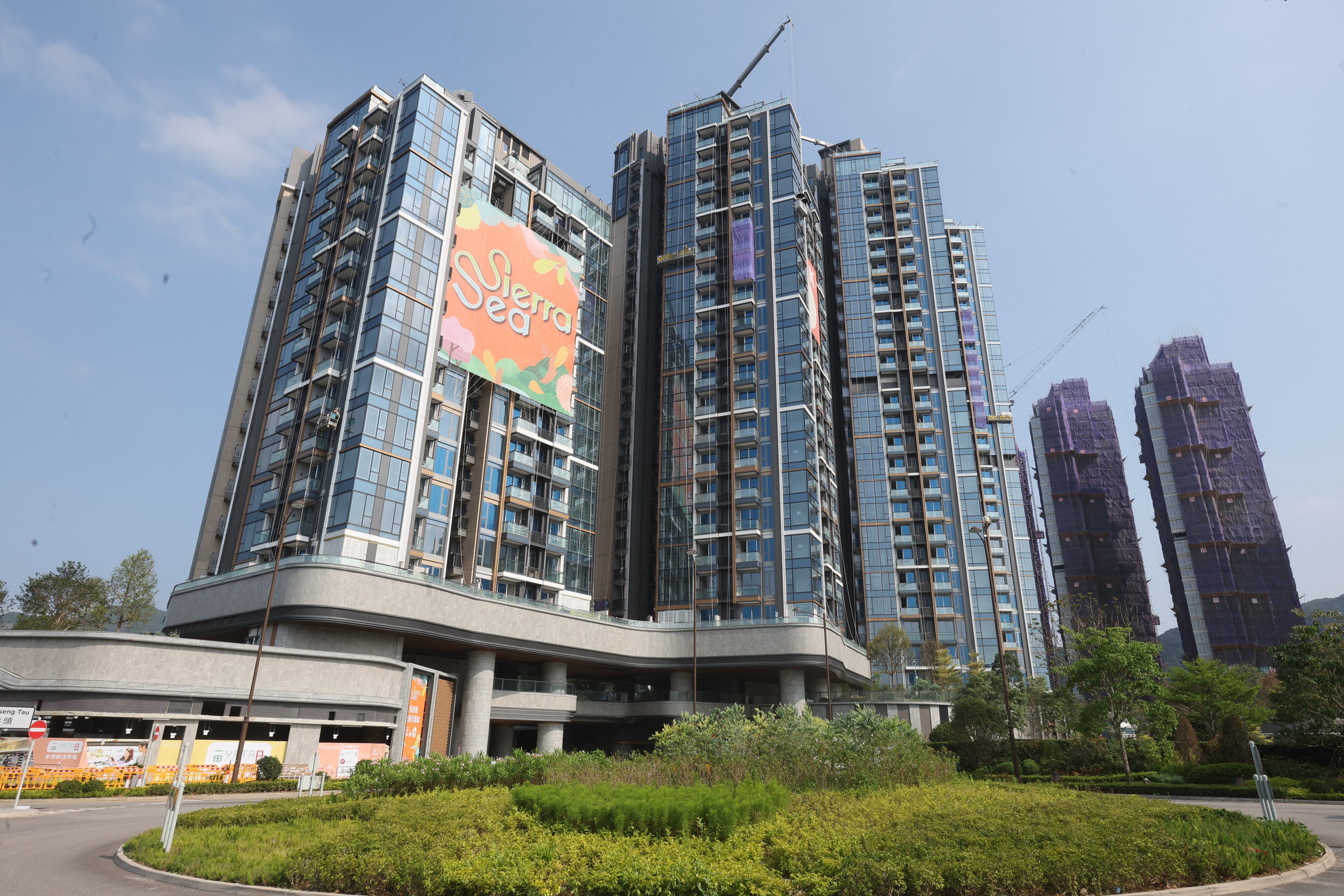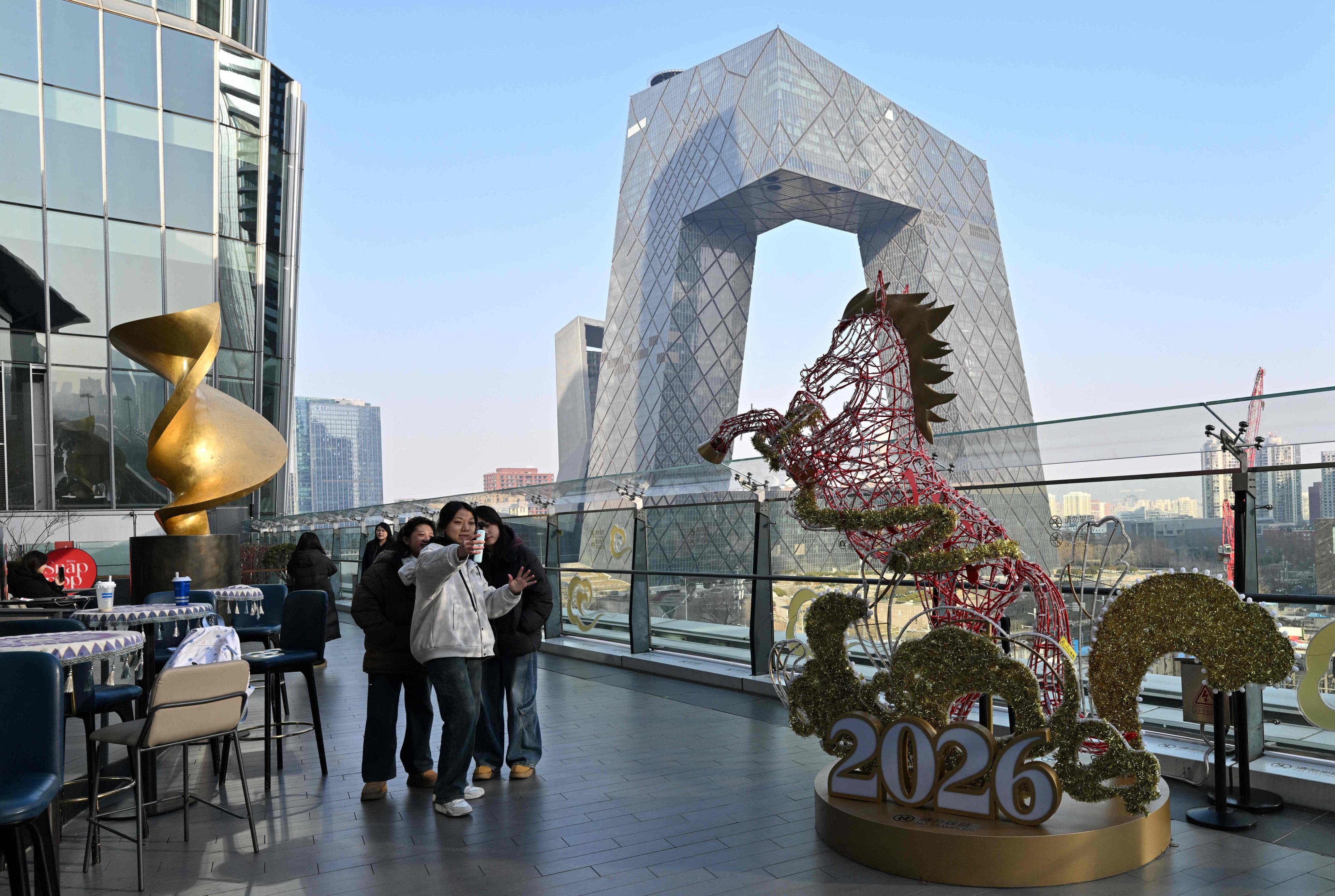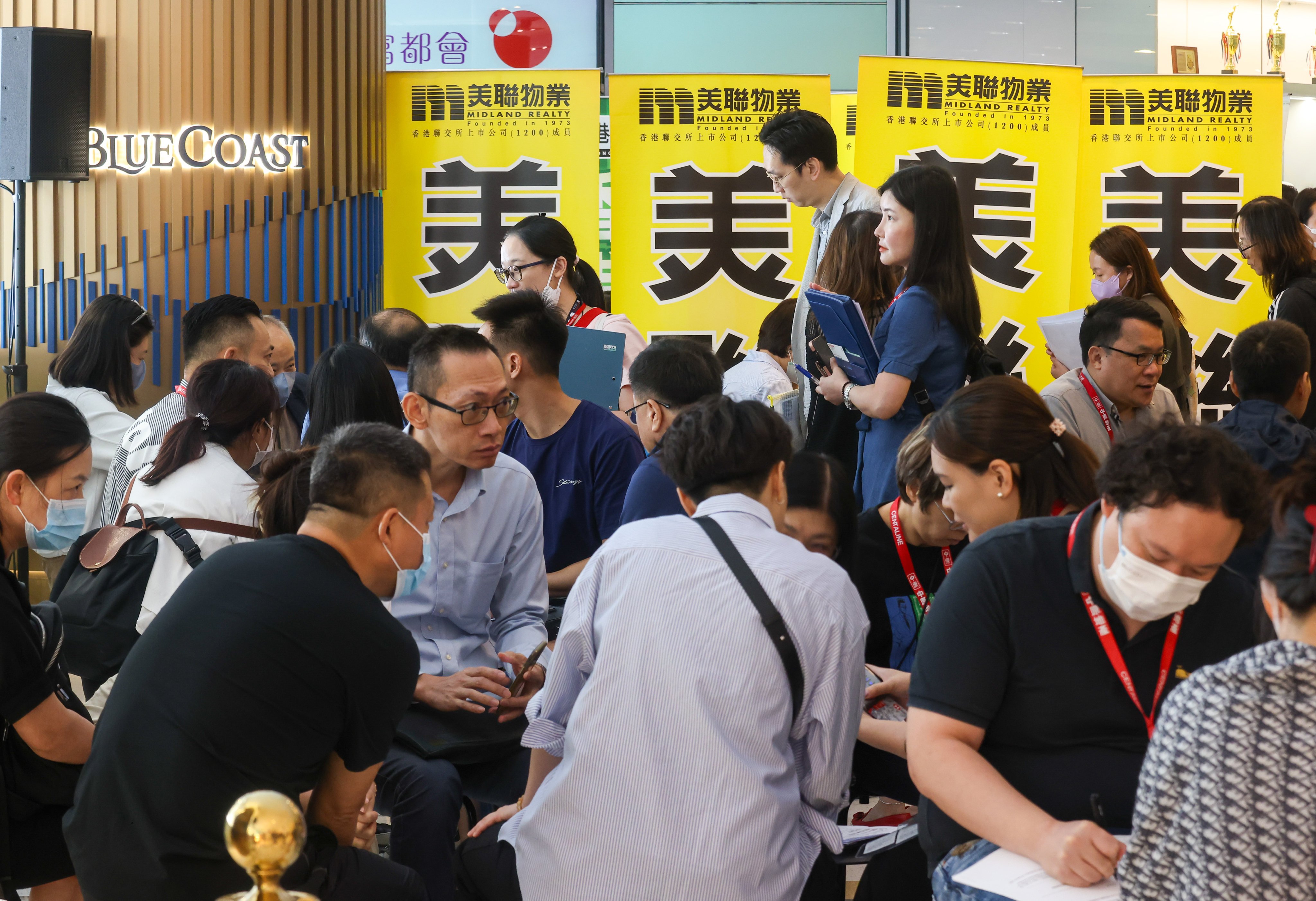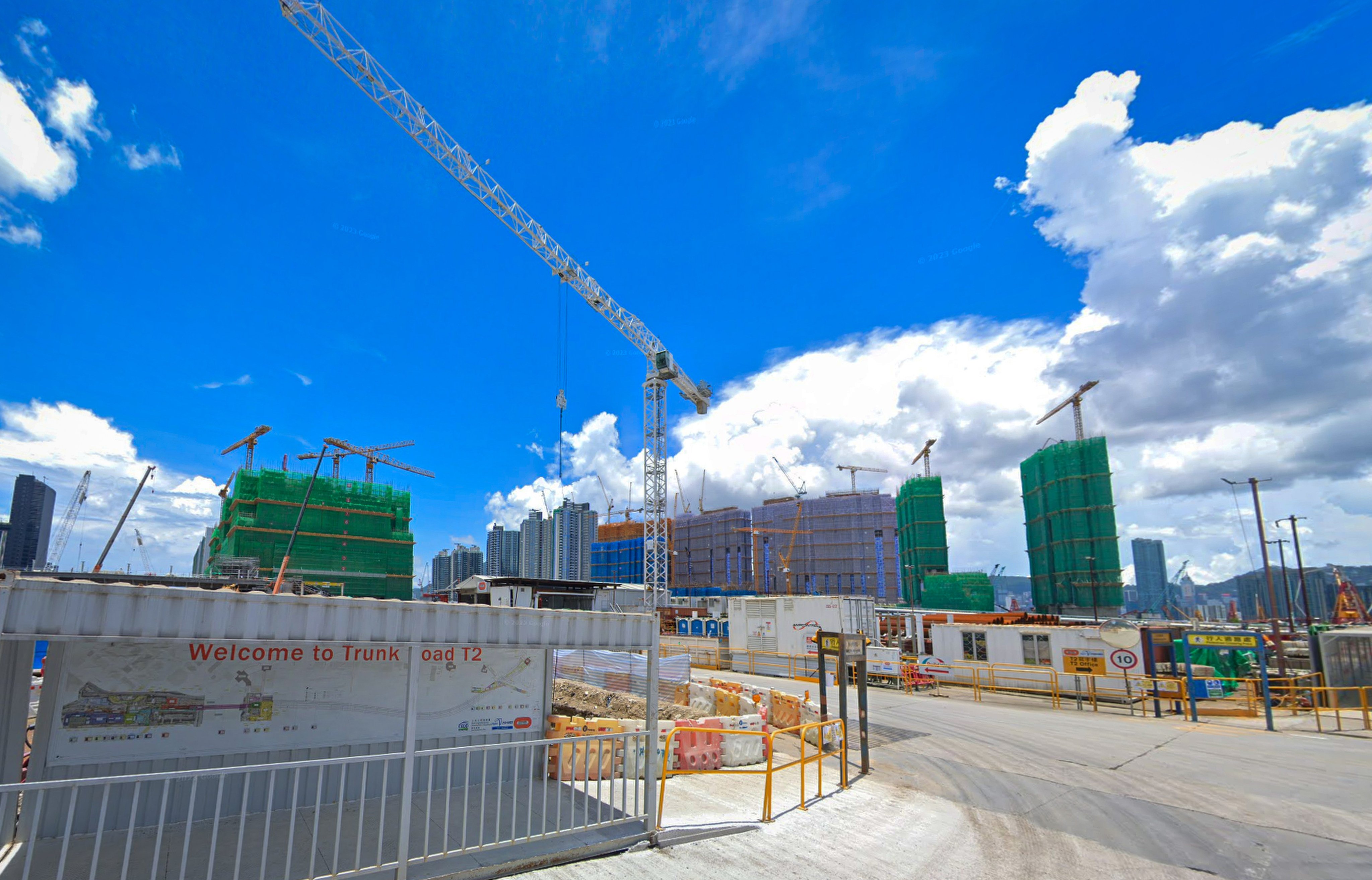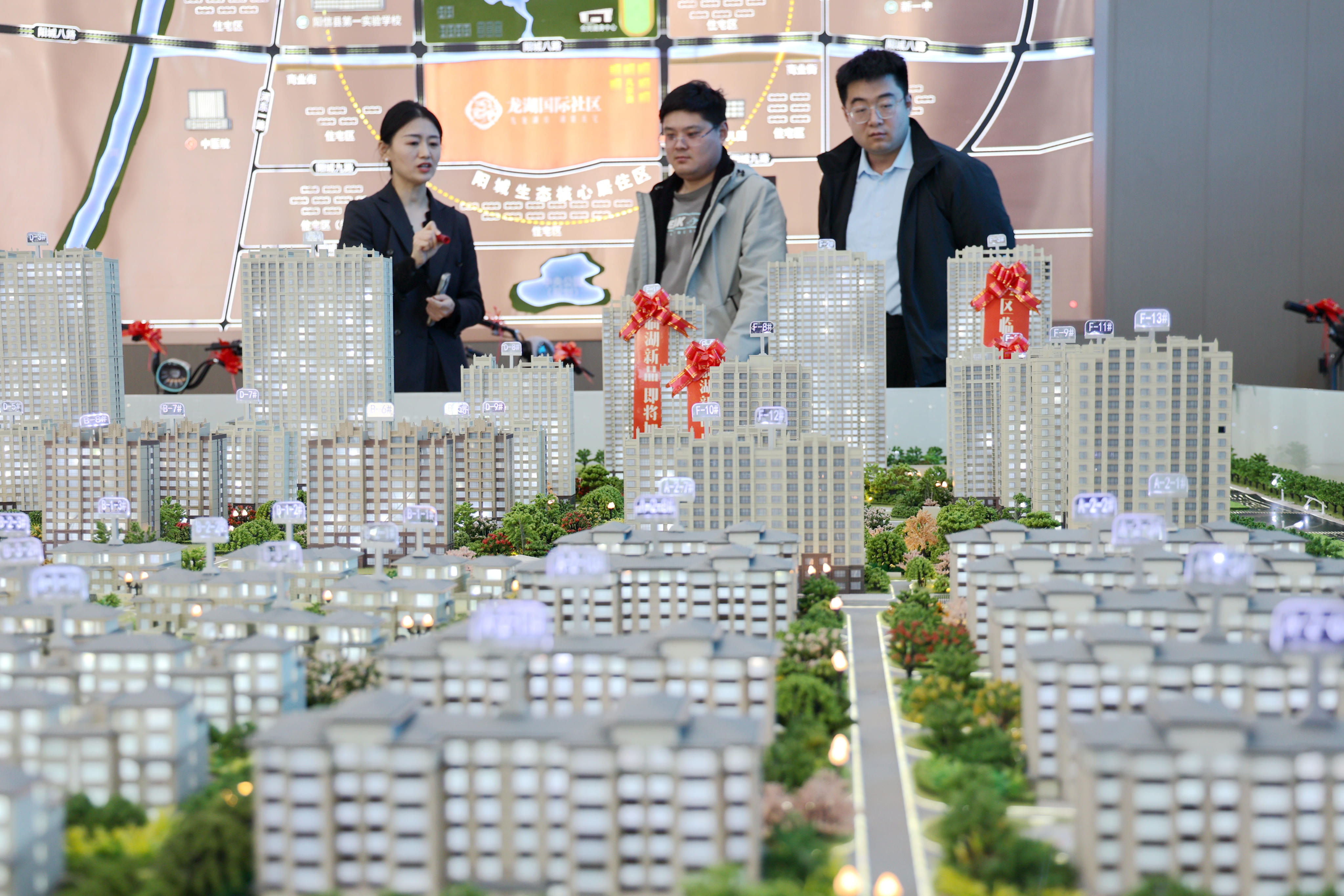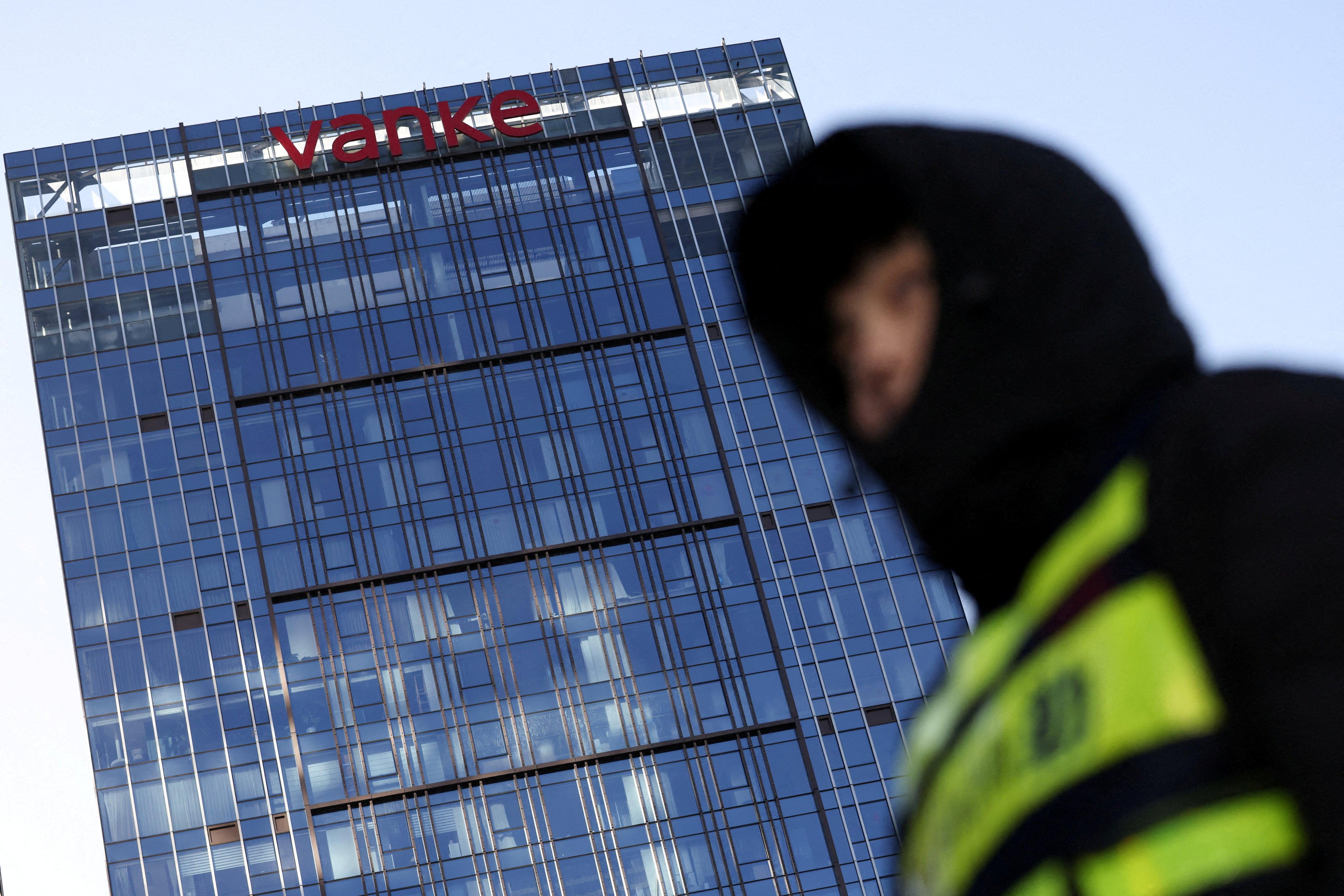Advertisement
Advertisement
TOPIC
Property policies
Property policies
Due to ample liquidity, property in Asian markets such as Singapore and Hong Kong has been driven relentlessly higher for years. As a result, governments have introduced property-cooling measures. On the other hand, Chinese government started easing restrictions such as lowering the down payment for second homebuyers to improve the real estate sector. Western countries also impose different policies against foreign property buying.
Help preserve 120 years of quality journalism.
SUPPORT NOWAdvertisement
Advertisement
Advertisement
Advertisement
Advertisement
Advertisement
Advertisement
Advertisement
Advertisement
Advertisement
Advertisement
Advertisement
